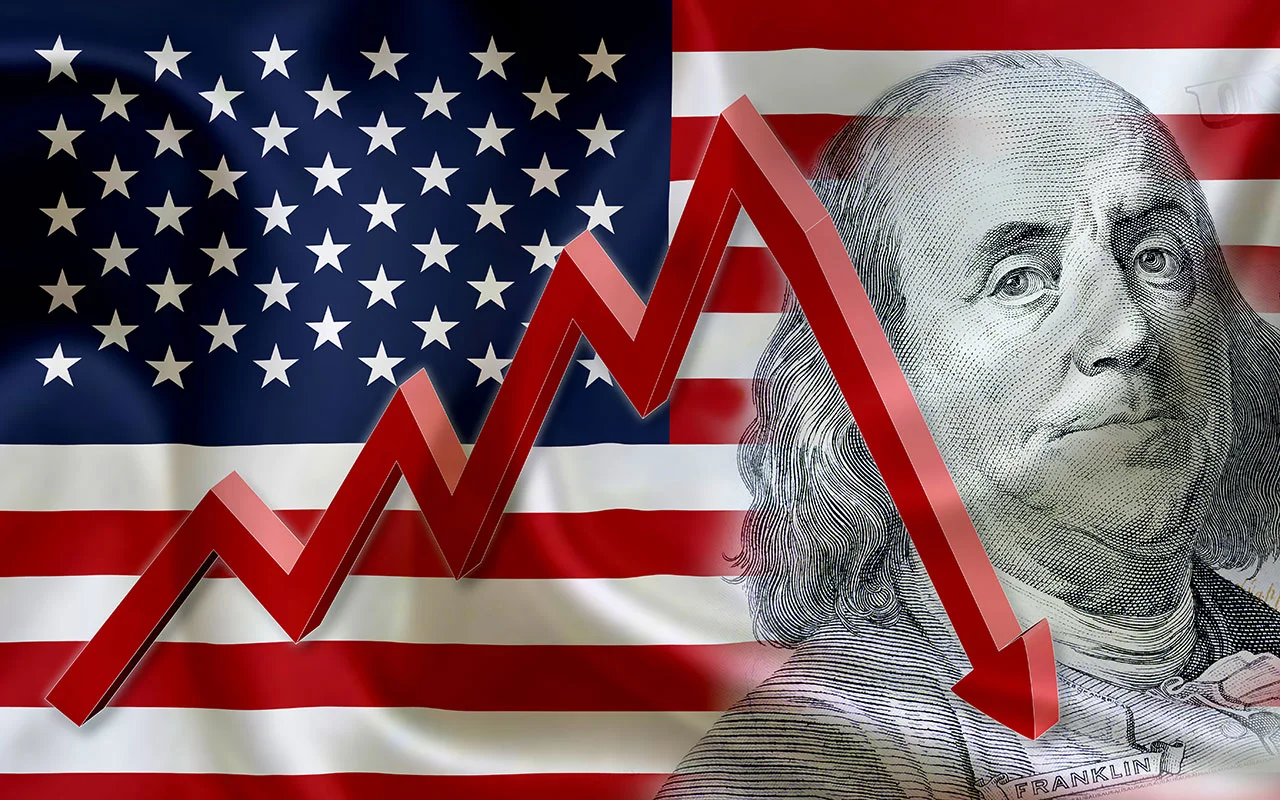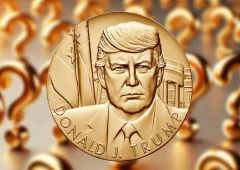U.S. Recession May Already Be Locked In, Economist Warns
23.06.2025 12:00 1 min. read Alexander Stefanov
Renowned economist Steve Hanke believes the U.S. economy is already sliding toward a recession, driven by shrinking money supply and growing political instability.
In a recent interview, Hanke said the downturn is not just likely—but inevitable.
Citing persistent declines in the money supply, Hanke argued that historical patterns are playing out again. “This is a slow-moving train,” he said, noting that monetary contractions often lead to delayed but significant drops in economic activity.
Hanke, a professor at Johns Hopkins, also highlighted early warning signs like hiring freezes, especially for recent college graduates. He attributed this hesitancy to rising “regime uncertainty,” as businesses grow increasingly cautious about future regulations and tariffs under Donald Trump’s administration.
Policy unpredictability, he said, is discouraging investment and hiring—paralleling the uncertainty of the 1930s New Deal era. Hanke estimates the chance of a 2025 recession at 90%, warning that unless clarity returns to the economic landscape, the situation may worsen.
Compounding the risks are escalating tensions in the Middle East, with the U.S. now more directly involved in the conflict between Iran and Israel—adding a new layer of uncertainty to an already fragile outlook.
-
1
Robert Kiyosaki Predicts When The Price of Silver Will Explode
28.06.2025 16:30 2 min. read -
2
Trump Targets Powell as Fed Holds Rates: Who Could Replace Him?
27.06.2025 9:00 2 min. read -
3
U.S. PCE Inflation Rises for First Time Since February, Fed Rate Cut Likely Delayed
27.06.2025 18:00 1 min. read -
4
Key U.S. Economic Events to Watch Next Week
06.07.2025 19:00 2 min. read -
5
Gold Beats U.S. Stock Market Over 25 Years, Even With Dividends Included
13.07.2025 15:00 1 min. read
Gold Beats U.S. Stock Market Over 25 Years, Even With Dividends Included
In a surprising long-term performance shift, gold has officially outpaced the U.S. stock market over the past 25 years—dividends included.
U.S. Announces Sweeping New Tariffs on 30+ Countries
The United States has rolled out a broad set of new import tariffs this week, targeting over 30 countries and economic blocs in a sharp escalation of its trade protection measures, according to list from WatcherGuru.
Key U.S. Economic Events to Watch Next Week
After a week of record-setting gains in U.S. markets, investors are shifting focus to a quieter yet crucial stretch of macroeconomic developments.
Robert Kiyosaki Predicts When The Price of Silver Will Explode
Robert Kiyosaki, author of Rich Dad Poor Dad, has issued a bold prediction on silver, calling it the “best asymmetric buy” currently available.
-
1
Robert Kiyosaki Predicts When The Price of Silver Will Explode
28.06.2025 16:30 2 min. read -
2
Trump Targets Powell as Fed Holds Rates: Who Could Replace Him?
27.06.2025 9:00 2 min. read -
3
U.S. PCE Inflation Rises for First Time Since February, Fed Rate Cut Likely Delayed
27.06.2025 18:00 1 min. read -
4
Key U.S. Economic Events to Watch Next Week
06.07.2025 19:00 2 min. read -
5
Gold Beats U.S. Stock Market Over 25 Years, Even With Dividends Included
13.07.2025 15:00 1 min. read


